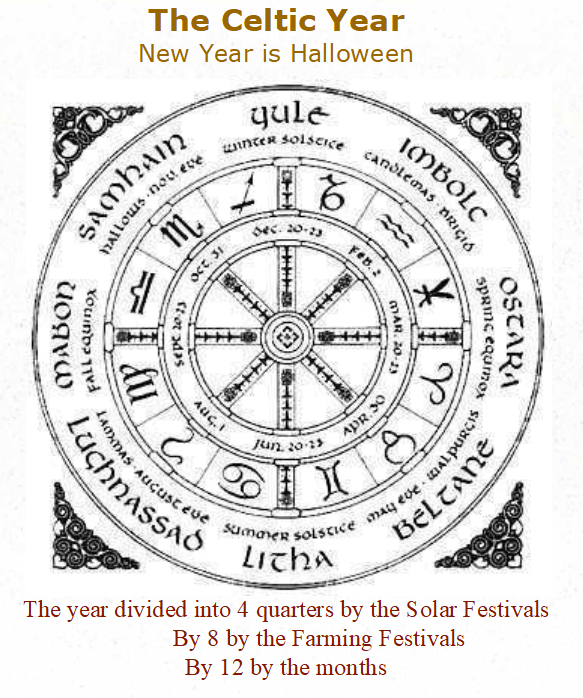
The Irish have created a brand new Bank Holiday for St Bridget. The first one is today Monday 6th February 2023 and it follows a public holiday given last year for Health Workers in March. The timing of the Bank Holiday is explained by the Irish Post:
St Brigid’s Day itself falls on February 1 each year but going forward the Imbolc/St Brigid’s Day public holiday will fall on the first Monday in February, unless February 1st falls on a Friday.
This means that Ireland now has a public holiday on the 4 Celtic festivals of Samain (Halloween), Imbolc (St Bridget’s Day), Beltane (May Day) and Lughnasa (Lammas Day). These festivals are quarter-days, which mean they fall half way between the Solstices and Equinoxes.
The Independent wrote that ‘then-Tánaiste, Leo Varadkar, said last year‘ ….“This will be the first Irish public holiday named after a woman,” He also is quoted as saying:
“It marks the half-way point between the winter solstice and the equinox, the beginning of spring and the Celtic New Year.”
Extra Bank Holidays in the UK?
There are occasional calls for a new Bank Holiday in the UK. It’s often a Conservative MP calling for a National Day for the British and they often suggest a date like Trafalgar Day 21st October (commemorating the great Naval battle in 1805 in which Nelson was fatally wounded). It has several virtues in their eyes. Firstly, it is a day that confirmed Britain’s mastery of the Seas and thus is an ideal day for celebrating patriotism. Secondly, it is the school half term, and gives a much needed day off between summer and Christmas. Thirdly, they can suggest the day should be taken from May Day Bank holiday which coincides with the International Worker’s Day, which is obviously ‘a bad thing’.
For example, the Portsmouth MP’s supported a call for Trafalgar Day here: . The report says: ‘there are currently no bank holidays in the UK which celebrate battles or war victories’.
This, I think, leaves the rest of us thinking ‘What planet do these people live on?’ Yes, Trafalgar Day would have been a great day for a Bank Holiday IF this were 1839, maybe even 1939. But in 2023 it is just not on any ordinary person’s radar. We don’t think so very much about the Napoleonic War or Nelson, or nor do we often sing ‘Heart of Oaks, are our Men’ any more. In short, it is a reminder how distant from the rest of us Conservative MPs are, and how progressive Ireland has become by contrast.
Recently, we have been given a few Royal Bank Holidays, last year for the Queen, this year for the King. The Trade Union Congress proposed the need for more bank holidays because we only have the usual eight annual bank holidays for workers in England and Wales. Scotland has nine or ten; the average for the EU is ‘12.3 bank holidays a year. Finland and Romania get 15, while workers in Japan have 16 public holidays in total’.
A recent radio programme ‘The Bottom Line’ compared Britain with France and revealed that Britain is now 20% less productive than France, (up by 10% since Brexit) and that we make up the deficit by working longer hours. It appears that the French high tax. high worker’s protection regime, means they have to find ways of getting more out of the same hours, while we can just hire and fire, and are happy to make people work in a more inefficient way.
Here is my recent post about St Bridget’s Day

